Film Review: Parallel Mothers (2021)
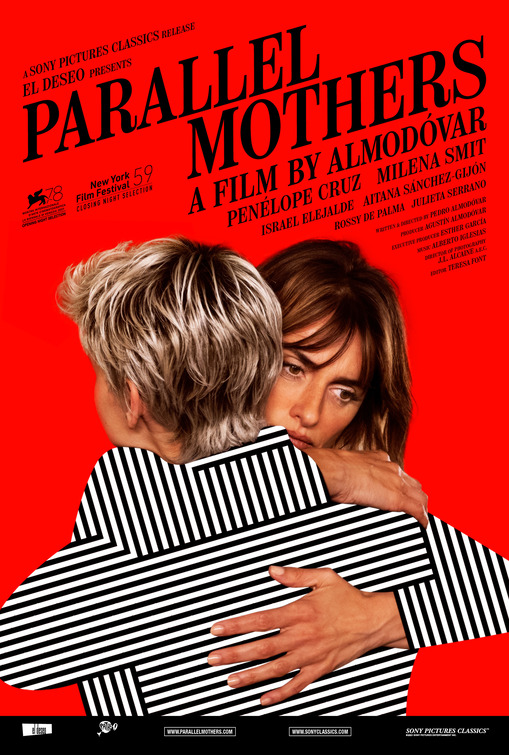

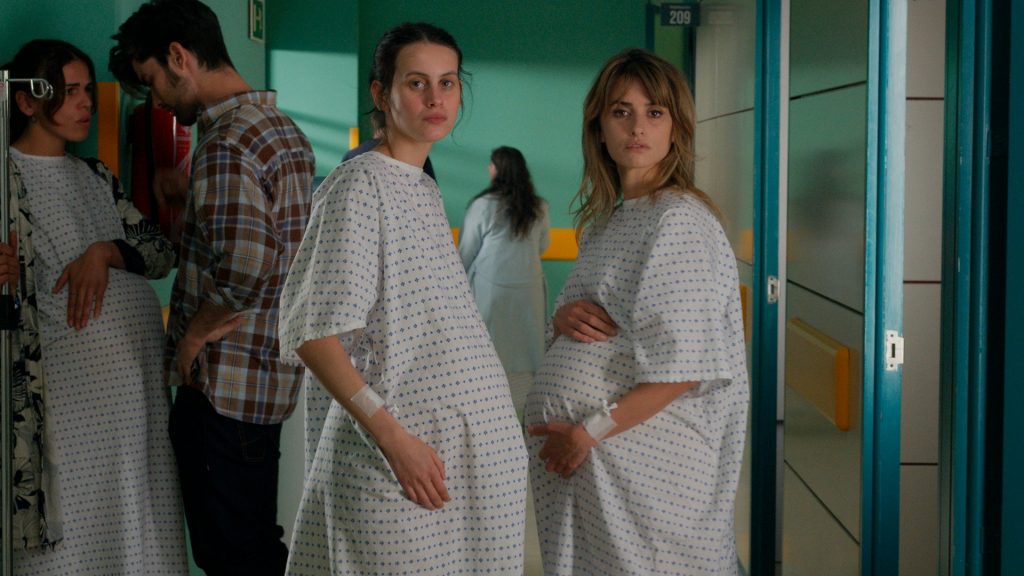
On more than one occasion, Pedro Almodóvar’s Parallel Mothers seems on the brink of turning into a very nasty film. This feeling is so prevalent that, at one particularly important moment, I found my heart racing faster than any movie had made it do all year. Enthralled and nearly terrified, I eagerly hung on every word in anticipation of its reaction, and clutched my seat with wide-eyed excitement. The scene seemed to last forever, but it was in reality quite brief, and before I knew it, it was over and I was able to breathe again.

And what heinous act could have caused such gripping anxiety to overcome my senses and drive me to the brink of calamity at the very edge of my seat? Violence? Gore? Brutality? Humanitarian crisis? Nope, not even close. It was simply Penélope Cruz and Milena Smit having a solemn, heartfelt conversation about their respective daughters. That’s how good Pedro Almodóvar is at making movies, and that’s how good the cast of Parallel Mothers is.

The film begins with Janis (Cruz), a professional photographer in Madrid who convinces a forensic archaeologist (Israel Elejalde) to look into excavating a mass grave in her home village that dates to the early days of the Spanish Civil War. This grave, she explains, contains her great-grandfather and many other local men rounded up and executed by Spain’s Nationalist regime. Despite the two-generation gap between her and these terrible acts, Janis is clearly traumatized by the cruelty her village faced at the hands of fascist insurgents.
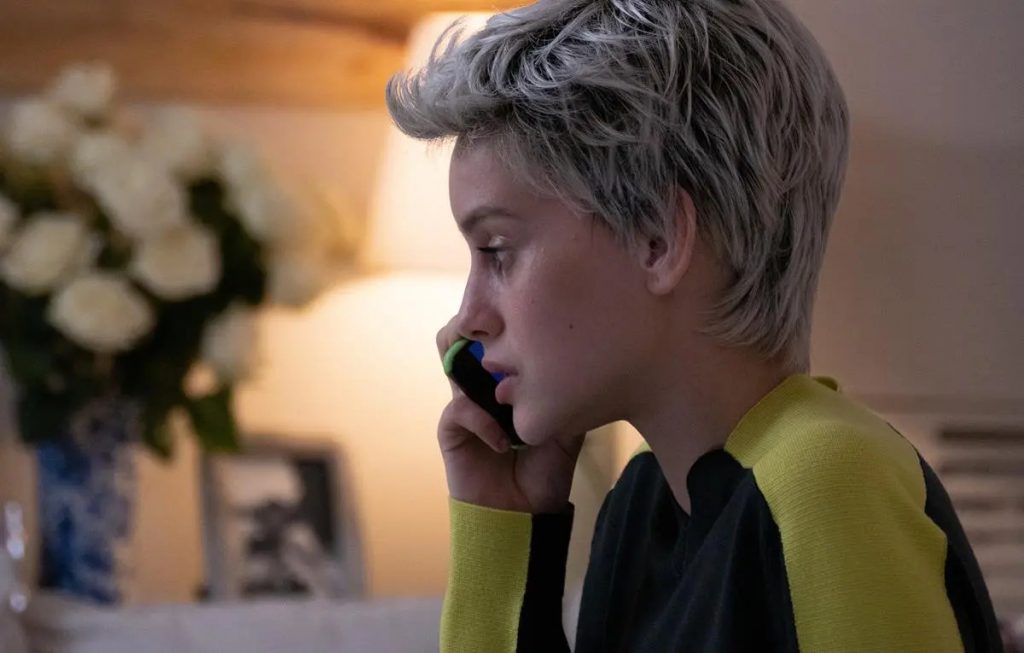
However, this somewhat grim tone changes rather quickly as we cut to Janis in a hospital maternity ward about to give birth. It’s here that she meets Ana (Milena Smit), a seventeen-year-old also on the verge of motherhood. As the two bond over this new chapter of their lives while their babies are under observation by doctors, they exchange numbers and promise to stay in touch.
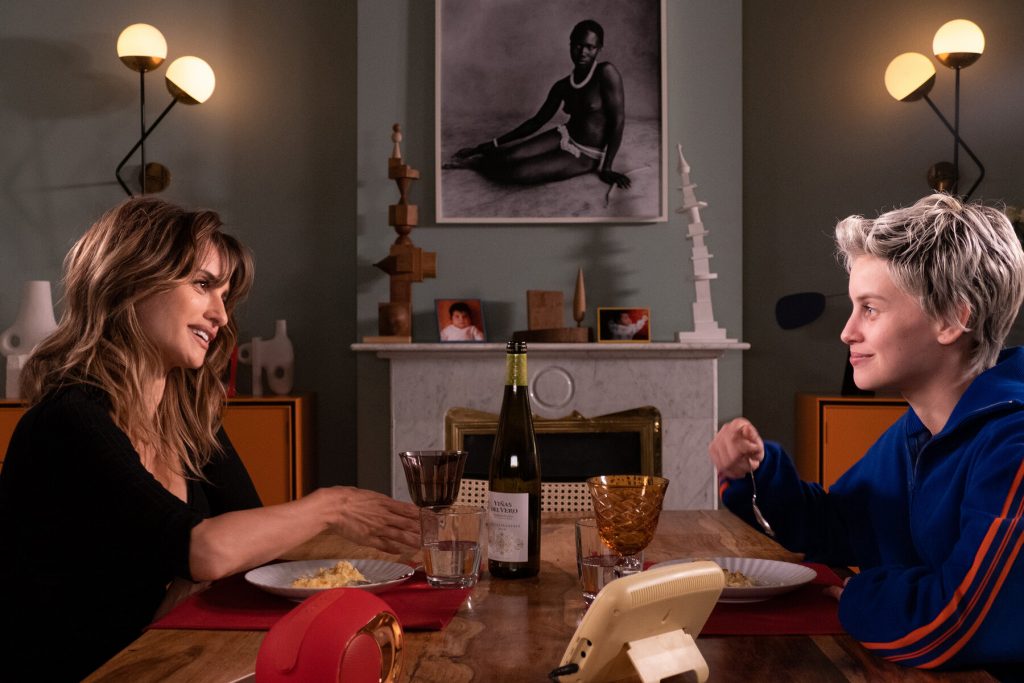
To expose more of the plot would do any potential viewers a great disservice, but suffice to say, Almodóvar’s treatment of the relationship that develops between his two principles is a spectacular testament to his ability to write and direct women like no other filmmaker working now, or possibly ever. His deliberate and distinct lack of male characters, or the kinds of skewed male viewpoints so often found in films about women and women’s issues is such a conspicuous change of pace that I’m nearly angered it isn’t seen more often. Even the very tense scene mentioned above is resolved in such a refreshing, elegantly simple, and logical way that I’m hard-pressed to recall seeing anything like it before.
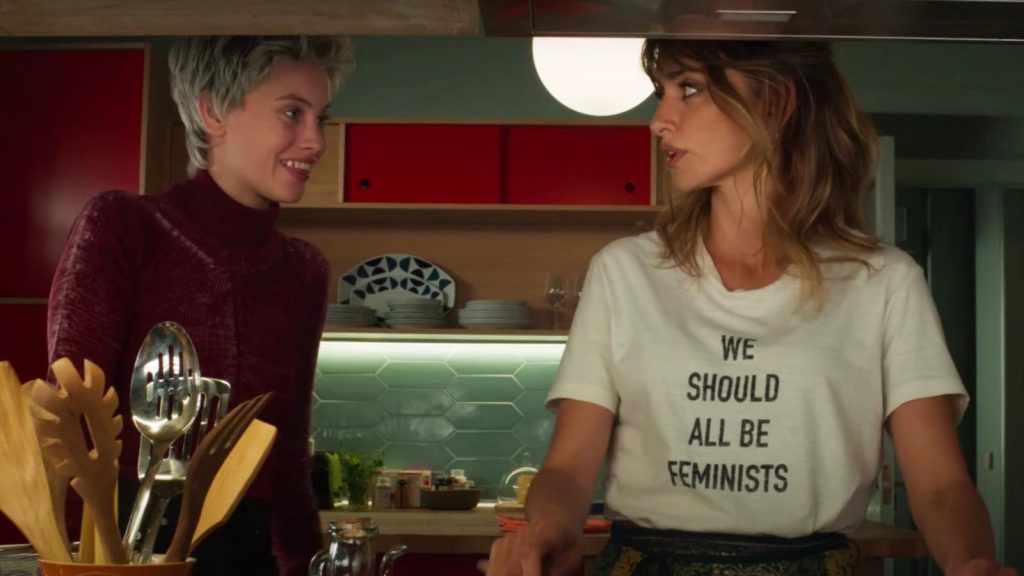
With ease, style, grace, and most of all empathy, Almodóvar out-writes and out-directs nearly everyone in 2021, and manages to make one of the year’s most subtly powerful political statements in the process. Once again, bravo Mr. Almodóvar.
